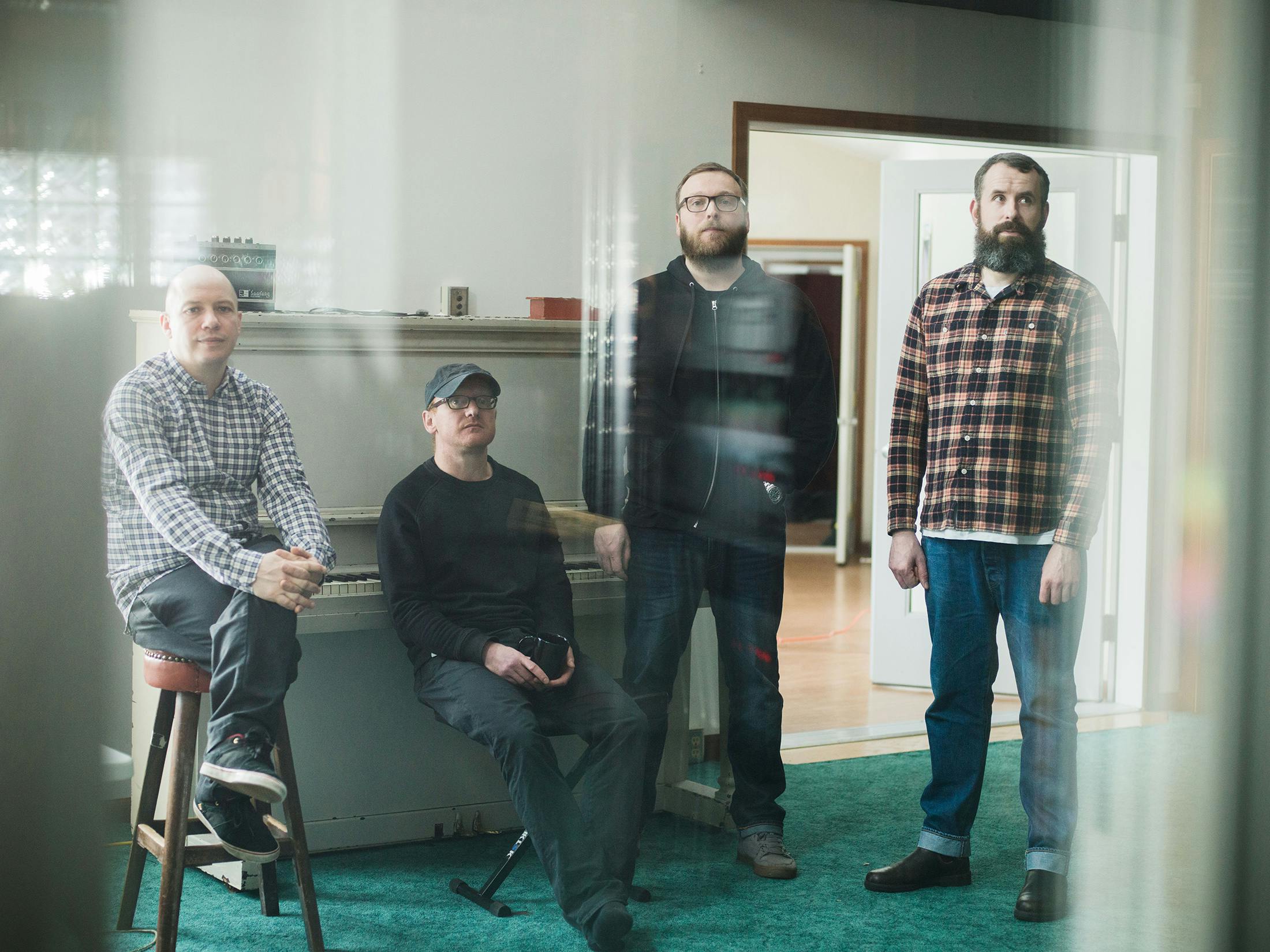There’s one song, at the end of the soundtrack album, called We’re Not Done (End Title). Which, presumably, is the music that plays over the credits. Now, it’s pretty upbeat for a Mogwai song. Can we assume that the film ends on a happy note?
"Kind of, yeah. I mean, that was a song that we wrote under instruction. The directors wanted something really euphoric for the end of the movie. And that’s another thing I like about these projects. That song would never have happened, had Josh and Jonathan not asked us to score their film. They pushed us into doing something that fit their vision – and that moves you, as an artist, into places that you wouldn’t normally be. I like that.
"I think as we’ve got older, we’ve followed this learning curve with making music that, when you’re doing it for someone else, like for a film, you’re working for them. It definitely took us a while to have that mindset. If someone asked us to do, y’know, a pop-reggae song or something, we’d probably draw the line. But nowadays, if you’re in a collaborative process and someone asks you to do something you might not normally, naturally pursue, then it’s often worth trying. And of course, it helps you learn, too – and take those lessons forward into your future records."
At this point, so many years deep into your career, what do you hope people get out of Mogwai? Part of making music is for it to be heard, of course – so what do you want people to feel, when it comes to your work?
"I think if our music can work for you, in whatever environment you find yourself in, then that’s a great compliment. But I genuinely just hope that people enjoy our music. How they enjoy it is up to them, as some people find our songs to be incredibly sad, and for others, it makes them really happy. At the end of the day, you’re just trying to play your part in making the world sound a little nicer. It’s a big, big honour to have people excited about your music."
And if everything does come crashing down with Brexit?
"I’m definitely not going to be taking it [lying down], no. I’ll be driving down to London to smash the windows of Parliament. See you there."
